Suspected Adult ADHD: Your Action Plan

Table of Contents
Understanding Adult ADHD Symptoms
Adult ADHD, while sharing similarities with childhood ADHD, often presents differently in adults. Recognizing the key symptoms is crucial for seeking appropriate help. Many adults with ADHD don't realize they have it, attributing their struggles to other factors. Let's examine the common signs:
Inattentive Symptoms
Inattentive symptoms in adults often manifest as difficulties with focus and organization. These can significantly impact daily life, causing frustration and hindering productivity. Common inattentive symptoms include:
- Difficulty sustaining attention in tasks or play: Finding it hard to concentrate on work, conversations, or even enjoyable activities.
- Often doesn't seem to listen when spoken to directly: Appearing preoccupied or disengaged even when someone is directly addressing you.
- Often doesn't follow through on instructions and fails to finish schoolwork, chores, or duties in the workplace: Struggling to complete tasks, leading to missed deadlines and unfinished projects.
- Often has difficulty organizing tasks and activities: Experiencing challenges with planning, prioritizing, and managing time effectively.
- Often avoids, dislikes, or is reluctant to engage in tasks that require sustained mental effort: Procrastination and avoidance of tasks requiring concentration.
- Often loses things necessary for tasks or activities: Misplacing important items like keys, wallets, or documents frequently.
- Is often easily distracted by extraneous stimuli: Easily diverted by noises, sights, or thoughts, impacting concentration.
- Is often forgetful in daily activities: Frequently forgetting appointments, errands, or important information.
Hyperactive/Impulsive Symptoms
Hyperactivity and impulsivity in adults may not always involve constant movement. Instead, it might manifest as restlessness, difficulty controlling emotions, or making hasty decisions. These include:
- Often fidgets with or taps hands or feet or squirms in seat: Restlessness and difficulty remaining still, even when sitting.
- Often leaves seat in situations where remaining seated is expected: Difficulty staying seated during meetings, lectures, or other situations requiring stillness.
- Often runs about or climbs excessively in situations where it is inappropriate (in adolescents or adults, may be limited to feeling restless): Feeling internally restless and agitated.
- Often has difficulty playing or engaging in leisure activities quietly: Struggling to relax and participate in calm activities.
- Is often “on the go” or often acts as if “driven by a motor”: Feeling a constant need for stimulation and activity.
- Often talks excessively: Speaking frequently and sometimes interrupting others.
- Often blurts out an answer before a question has been completed: Impulsively responding without considering the full context.
- Often has difficulty waiting his or her turn: Struggling to patiently wait in lines or for their turn in conversations.
- Often interrupts or intrudes on others (e.g., butts into conversations or games): Difficulty respecting personal space and conversational boundaries.
Self-Assessment Tools
While this information is helpful, it's not a substitute for professional diagnosis. Several reputable online questionnaires and checklists can help you assess your symptoms. These tools can provide insights, but a formal diagnosis requires a professional evaluation. (Insert links to reputable online ADHD symptom checkers here) Remember, these are for informational purposes only and should not replace a consultation with a healthcare professional.
Seeking Professional Help for Adult ADHD
If you suspect you have Adult ADHD, seeking professional help is vital. A proper diagnosis is the cornerstone of effective management.
Finding the Right Professional
Consult a psychiatrist, psychologist, or other qualified healthcare professional specializing in ADHD. They possess the expertise to accurately diagnose and create a personalized treatment plan. Look for professionals with experience in adult ADHD specifically.
The Diagnostic Process
The diagnostic process typically involves a comprehensive evaluation:
- Detailed interview: Discussing your symptoms, history, and daily challenges.
- Questionnaires: Completing standardized assessments to quantify your symptoms.
- Neuropsychological testing (in some cases): More in-depth testing to assess cognitive functions.
The process aims to differentiate ADHD from other conditions with similar symptoms.
Building a Support System
Building a support system is crucial. Consider joining an adult ADHD support group, connecting with others facing similar challenges. A therapist specializing in ADHD can provide valuable coping strategies and emotional support.
Coping Strategies for Suspected Adult ADHD
While awaiting a diagnosis or alongside treatment, implementing coping strategies can significantly improve daily life.
Organizational Techniques
- Time management techniques: Utilize calendars, planners, and to-do lists. Break down large tasks into smaller, manageable steps.
- Planning tools: Explore digital calendar apps, task management software, and note-taking apps.
- Prioritization techniques: Learn to prioritize tasks based on urgency and importance.
Lifestyle Changes
- Diet: Maintain a balanced diet, limiting processed foods, sugar, and caffeine which can exacerbate symptoms.
- Exercise: Regular physical activity improves focus and reduces restlessness.
- Sleep hygiene: Prioritize consistent sleep patterns for optimal cognitive function.
Mindfulness and Stress Reduction Techniques
- Mindfulness exercises: Practice mindfulness meditation to improve focus and self-awareness.
- Meditation: Regular meditation can help manage impulsivity and improve emotional regulation.
- Yoga: Yoga combines physical activity with mindfulness, promoting relaxation and stress reduction.
Treatment Options for Adult ADHD
Treatment for Adult ADHD often involves a combination of medication and therapy.
Medication Management
Medication, such as stimulants and non-stimulants, can help manage ADHD symptoms. However, it's crucial to remember that medication should only be prescribed and monitored by a qualified healthcare professional. (This information is for educational purposes only and does not constitute medical advice.)
Therapy Options
Therapy, particularly Cognitive Behavioral Therapy (CBT), can teach coping mechanisms, improve self-esteem, and address related challenges. Other therapeutic approaches may also be beneficial depending on individual needs.
Conclusion
Suspecting you have Adult ADHD can be challenging, but taking proactive steps is crucial. By understanding the symptoms, seeking professional help, and implementing coping strategies, you can manage your challenges effectively. Don't hesitate to reach out to a healthcare professional to discuss your concerns and explore a personalized treatment plan for Adult ADHD. Remember, seeking help is a sign of strength, not weakness. Take control of your well-being and start your journey towards a better understanding and management of suspected Adult ADHD today.

Featured Posts
-
 Dynasty Star Linda Evans 82 Celebrates Valentines Day With A Heartfelt Message
Apr 29, 2025
Dynasty Star Linda Evans 82 Celebrates Valentines Day With A Heartfelt Message
Apr 29, 2025 -
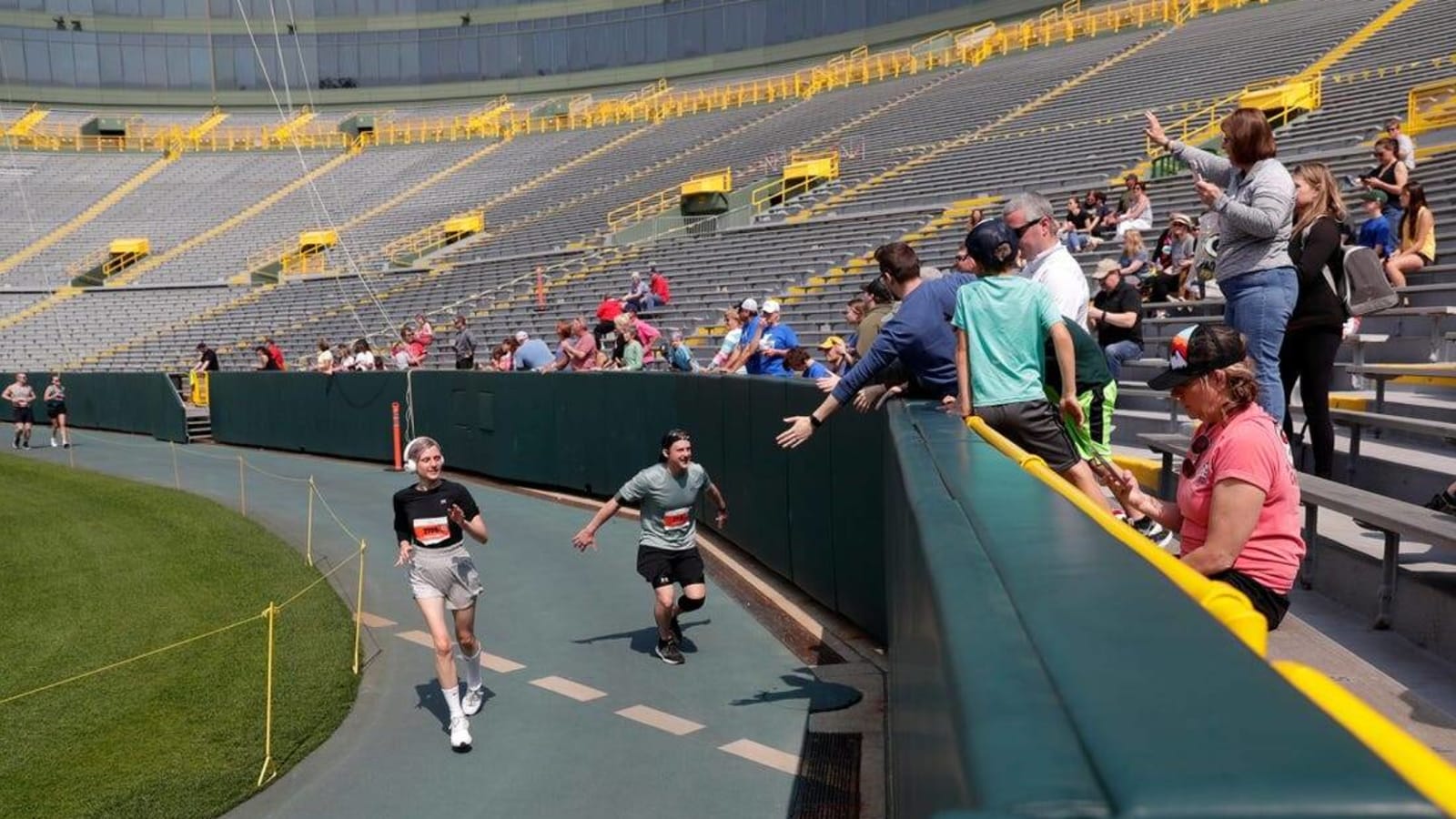 Two International Games On The Horizon For The Green Bay Packers In 2025
Apr 29, 2025
Two International Games On The Horizon For The Green Bay Packers In 2025
Apr 29, 2025 -
 Europes Security Concerns Amidst Recent Russian Military Actions
Apr 29, 2025
Europes Security Concerns Amidst Recent Russian Military Actions
Apr 29, 2025 -
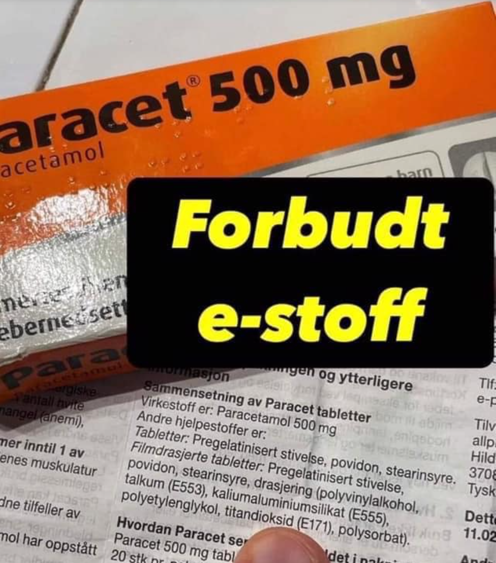 Skoleprestasjoner Og Adhd Medisin Hva Sier Fhi
Apr 29, 2025
Skoleprestasjoner Og Adhd Medisin Hva Sier Fhi
Apr 29, 2025 -
 You Tube A New Home For Classic Tv Shows And Beloved Programs For Older Audiences
Apr 29, 2025
You Tube A New Home For Classic Tv Shows And Beloved Programs For Older Audiences
Apr 29, 2025
Latest Posts
-
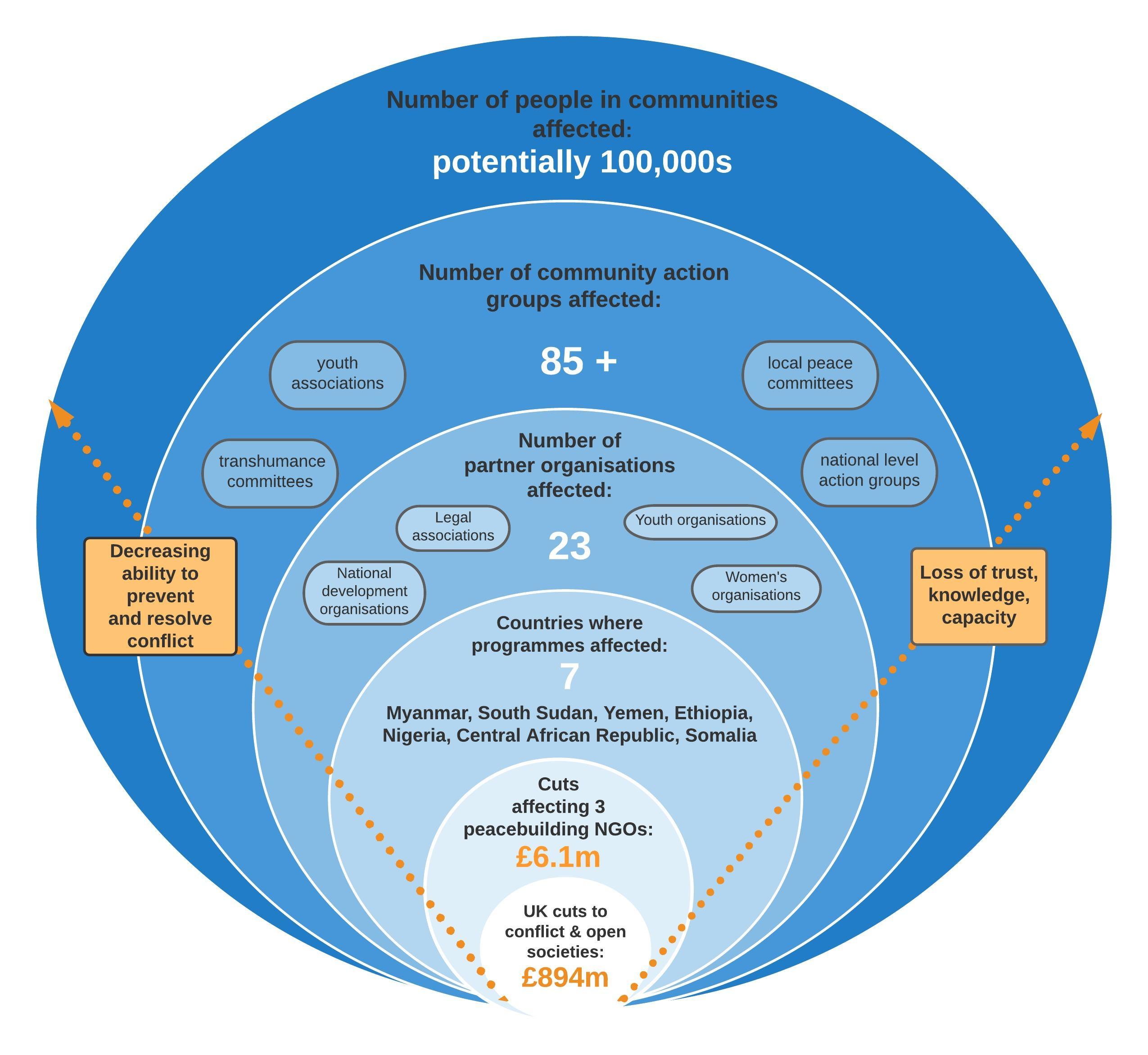 The Ripple Effect Federal Funding Cuts And Their Consequences In Trump Country
Apr 30, 2025
The Ripple Effect Federal Funding Cuts And Their Consequences In Trump Country
Apr 30, 2025 -
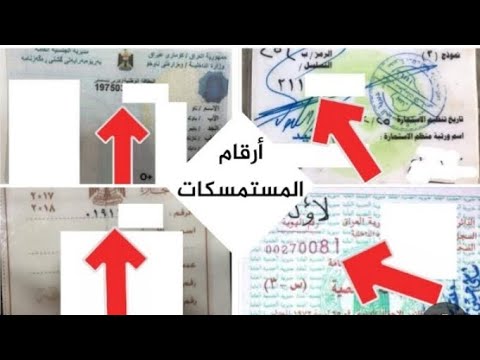 Tarykh Srf Rwatb Abryl 2025 Dlyl Shaml Llmwatnyn
Apr 30, 2025
Tarykh Srf Rwatb Abryl 2025 Dlyl Shaml Llmwatnyn
Apr 30, 2025 -
 Srf Rwatb Abryl 2025 Altwqytat Almtwqet Walajraeat Allazmt
Apr 30, 2025
Srf Rwatb Abryl 2025 Altwqytat Almtwqet Walajraeat Allazmt
Apr 30, 2025 -
 Mwed Srf Meashat Abryl 2025 Tfasyl Hamt Llmstfydyn
Apr 30, 2025
Mwed Srf Meashat Abryl 2025 Tfasyl Hamt Llmstfydyn
Apr 30, 2025 -
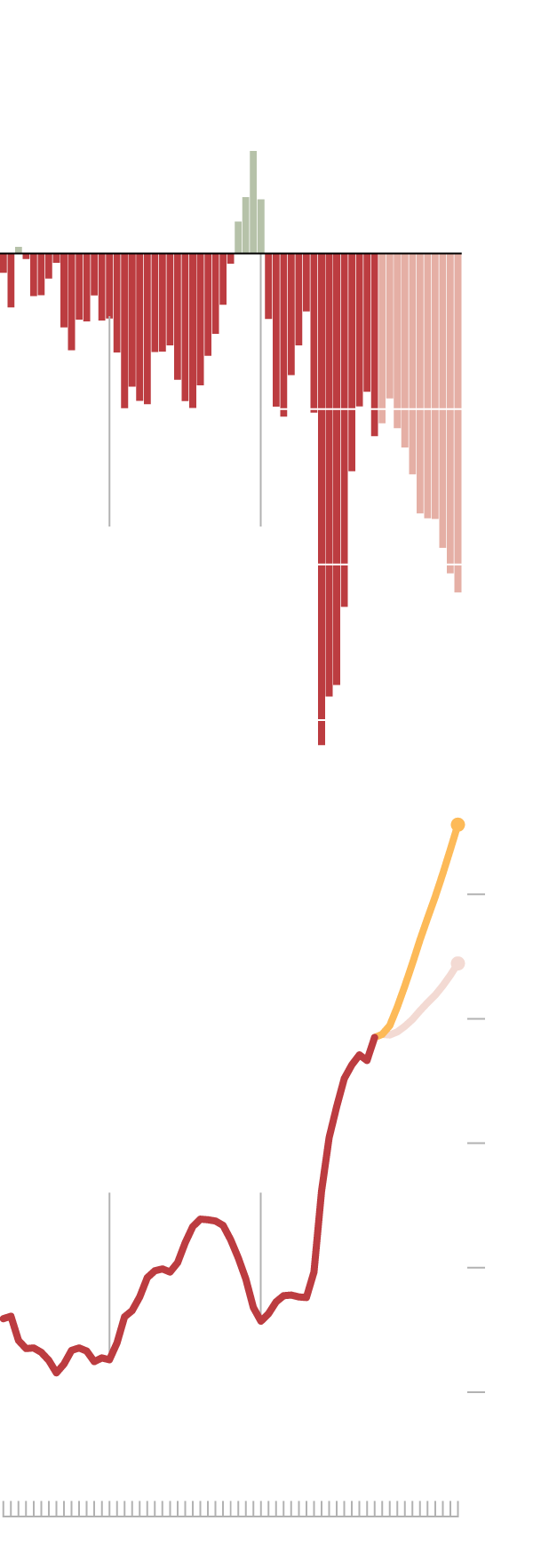 Impact Of Federal Funding Cuts On Trump Supporting Communities
Apr 30, 2025
Impact Of Federal Funding Cuts On Trump Supporting Communities
Apr 30, 2025
